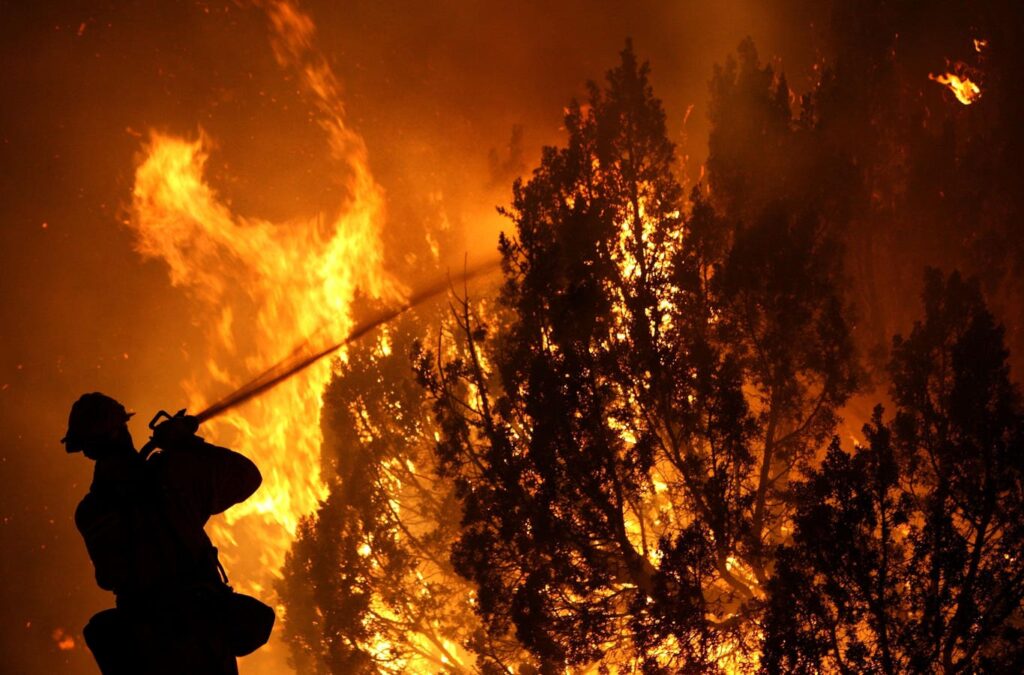
How Wildfires Can Affect Human Health
As wildfires rage across Los Angeles and spread to neighboring states, it is crucial for residents to understand the profound impact they can have on human health. The effects of wildfires are not limited to immediate destruction; they can also have long-lasting and far-reaching consequences for one’s physical and mental well-being.
Short-term Health Effects
Wildfires release an array of harmful particles into the air, including particulate matter (PM), carbon monoxide, nitrogen dioxide, and sulfur dioxide. These pollutants can cause a range of symptoms, including redness of the eyes, watery eyes, coughing, and wheezing. Moreover, these particles can be inhaled deep into the lungs, leading to long-term health consequences.
Long-term Health Effects
Research has shown that prolonged exposure to wildfire smoke or particulate matter can lead to chronic conditions such as asthma, obstructive lung disease like bronchitis, and even an increased risk of heart attack or stroke. Exposure to these toxic particles can also increase the risk of developing lung cancer, similar to second-hand smoke.
Mental Health Consequences
Wildfires have a profound impact on mental health. Losing one’s home, often filled with lifelong memories and treasured belongings, can lead to devastating consequences such as post-traumatic stress disorder (PTSD). The trauma caused by witnessing or experiencing the destruction of one’s home can be overwhelming, resulting in prolonged anxiety, depression, and chronic stress.
Vulnerable Populations
Some individuals are more susceptible to the detrimental health effects of wildfires due to their age, pre-existing medical conditions, or compromised immune systems. Children, as they are still developing their lungs, are particularly vulnerable to these toxic particles. The elderly are also at a higher risk due to potential chronic medical conditions and weakened immune systems.
Optimizing Health During Wildfires
To minimize the impact of wildfires on one’s health, it is essential to stay indoors with windows and doors shut to prevent inhaling harmful smoke and debris. Additionally, air humidifiers and purifiers can help circulate clean air, reducing the risk of poor quality air entering the lungs.
Evacuation and Medical Attention
In situations where staying indoors is not possible, evacuation is crucial. It is vital to seek medical attention immediately if symptoms such as coughing, wheezing, chest pain, or shortness of breath occur.
Source: www.forbes.com


